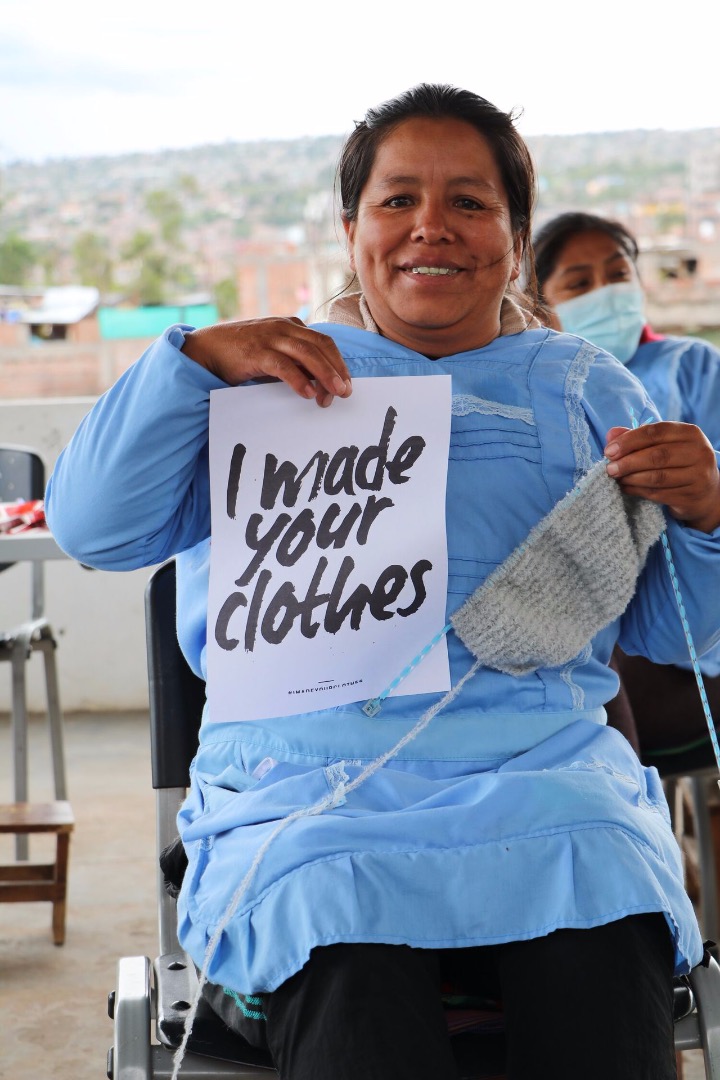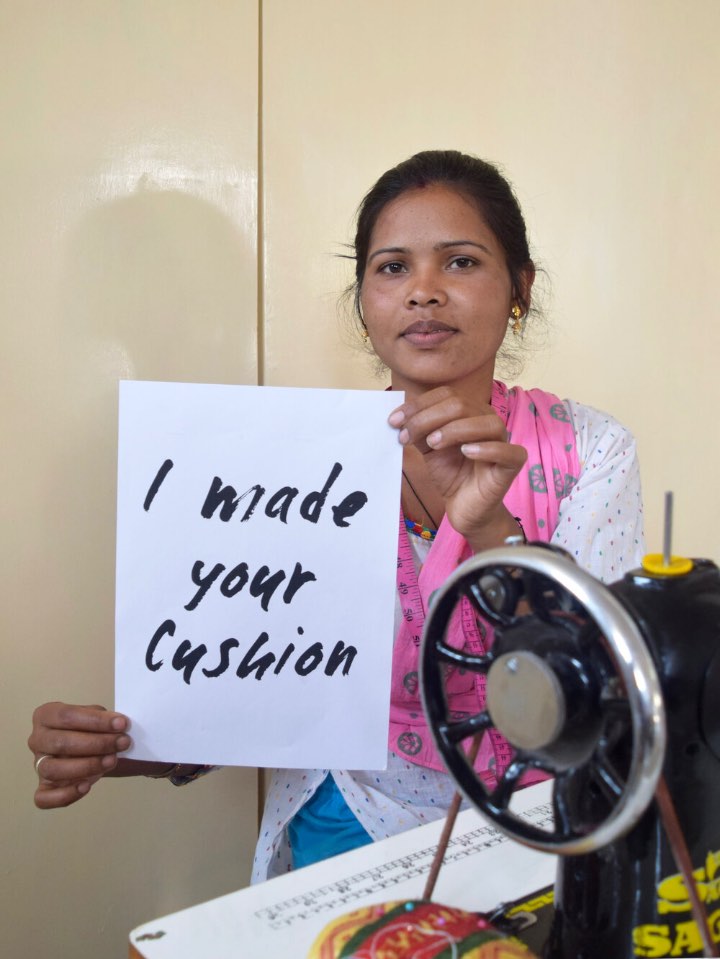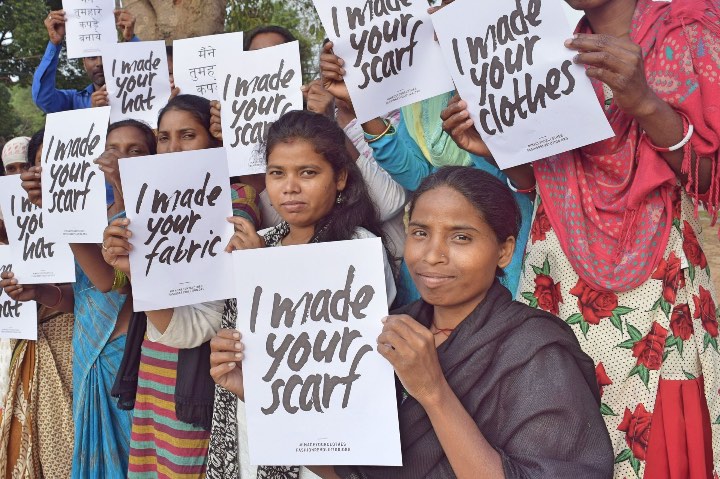Due to the climate crisis we have over the last few years seen a drastic change in the fashion industry, where almost every clothing label is marketing itself as environmentally friendly and sustainable.
Words like recycled material, organic cotton and eco-line are being used to convince you that buying their clothes will not harm the environment, even when it is. The concept you really need to learn and look out for, is fair fashion. Fair fashion is clothing that focus on the well-being of both the planet and the people involved in the production. Companies that make fair fashion ensure that their employees have a safe working environment, that they are paid a fair wage and that the production of the clothes does not harm the environment.
This may sound easy and straight-forward, but in the fashion industry it is not the norm. In order to mass-produce and deliver cheap products quickly, companies have to compromise somewhere, and the cuts are usually done at the cost of the employees and the environment. We’ve all heard of the sweatshops in South-East Asia, which is very much a sad reality. This is how big labels are able to keep up with the trends on the market.
The extreme amount of clothing also puts an enormous strain on our planet’s resources and causes severe pollution. Every year 35 million kilos of clothing are produced—to put that into perspective, that is over 200 times the weight of a blue whale. Fast fashion is one of the main causes of climate change. One of the most efficient ways we can change our habits as individuals to combat climate change is to replace the ‘fast’ in fast fashion with ‘fair’.
At Solid, we believe in fashion as a source for positive change, and the way we do this is by following a business model built around the pillars of fair fashion:
Safe working conditions, fair wages and environmentally friendly production.
In our workshops in Peru, Kenya and India we produce handmade products, all made by women local to the areas. We pay them fair wages, so they can support their families and invest back into the local community. We create safe working spaces, and offer social support when necessary, to ensure our artisans also have good mental health. The workshops have a very low footprint and materials used tend to be recycled (saris in India), natural (alpaca in Peru) or organic (sisal in Kenya). In every part of the production chain, we focus on sustainability and ensure transparency of production. We can always trace back each item we produce through the various stages of production, down to the woman who made it.
 Human and environmental prosperity are too often seen as isolated and disconnected from each other in our society, when the opposite is the case: human rights and the rights of nature are interconnected and interdependent. We are all part of the wider eco-system, and our own health depends on the health of our planet. Therefore, we need to follow a business model that takes care of the person doing the work, the consumer and the planet we all live on. This is fair fashion.
Human and environmental prosperity are too often seen as isolated and disconnected from each other in our society, when the opposite is the case: human rights and the rights of nature are interconnected and interdependent. We are all part of the wider eco-system, and our own health depends on the health of our planet. Therefore, we need to follow a business model that takes care of the person doing the work, the consumer and the planet we all live on. This is fair fashion.
Keep asking who made your clothes and home decoration and together we can change the world.
